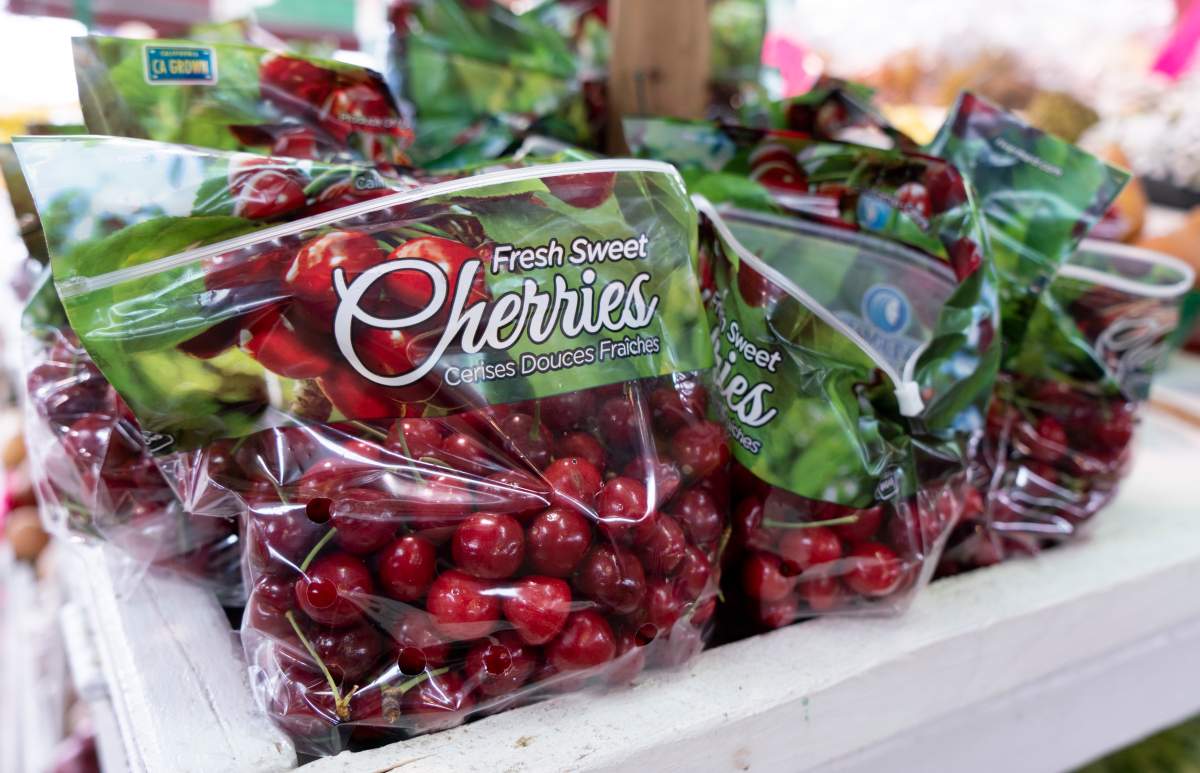The European Union will halt imports of Canadian cherries and other fresh fruits starting Sept. 1 as it enforces new import requirements related to pests, according to a Canadian government document sent to industry on Thursday.

In the notice, which was seen by Reuters, the Canadian Food Inspection Agency (CFIA) said the restrictions also apply to families of fruits that include apples, pears, cranberries, blueberries, peppers, potatoes and tomatoes. It was not clear if other countries are affected.
“Please note that the CFIA is working with industry to propose pest risk mitigation measures to the EU for these commodities, which may allow exports to resume,” said the notice.
The new European Union rules do not apply to frozen and dried fruit. There should also be no issues with sea containers that arrive in the EU with export documents dated before Sept. 1, the agency said.
WATCH: The end of an era for big international trade deals?

The EU office in Ottawa and Canadian Agriculture Minister Marie-Claude Bibeau did not immediately respond to requests for comment.

Get breaking National news
Canada’s agriculture sector already faces other trade disputes, including an ongoing spat with China over Canadian canola, pork and beef.
Beth Cavers, a program administrator with the B.C. Cherry Association, said the pending EU ban should not affect this year’s cherry harvest, which wrapped up on Thursday, as the fruit is packed and shipped immediately.
It could, however, have serious implications for the 2020 harvest if unresolved, she added.
“There were some indications that they were reviewing this, but we didn’t know they were just going to shut down the border to cherries like this,” Cavers said by telephone when asked if industry had received prior notice.
In 2018, Canada shipped approximately C$3.1 million in cherries to the EU.







Comments
Want to discuss? Please read our Commenting Policy first.